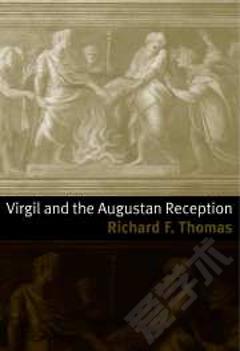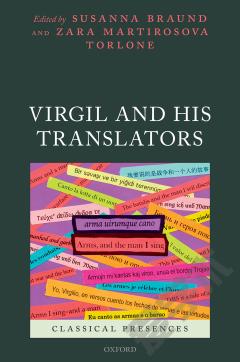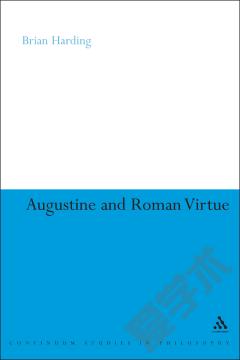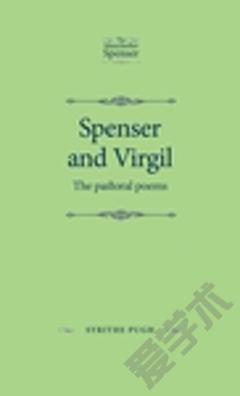Virgil and the Augustan Reception
This book is an examination of the ideological reception of Virgil at specific moments in the last two millennia. The author focuses on the emperor Augustus in the poetry of Virgil, detects in the poets and grammarians of antiquity alternately a collaborative oppositional reading and an attempt to suppress such reading, studies creative translation (particularly Dryden's), which reasserts the 'Augustan' Virgil, and examines naive translation which can be truer to the spirit of Virgil. Scrutiny of 'textual cleansing', philology's rewriting or excision of troubling readings, leads to readings by both supporters and opponents of fascism and National Socialism to support or subvert the latter-day Augustus. The book ends with a diachronic examination of the ways successive ages have tried to make the Aeneid conform to their upbeat expectations of this poet.
{{comment.content}}








 京公网安备 11010802027623号
京公网安备 11010802027623号